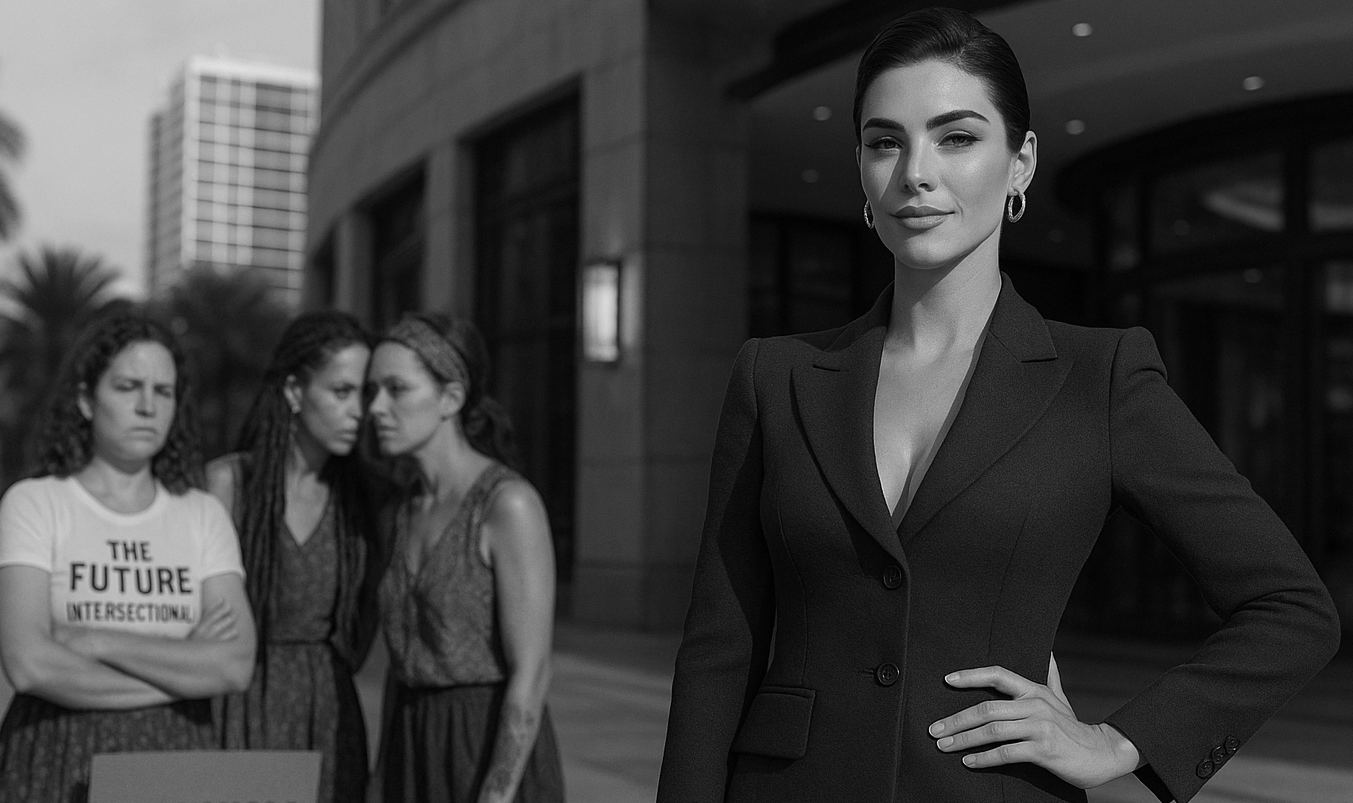News
When Feminism Feels Exclusionary: Navigating the Complexities of Modern Gender Advocacy
Is feminism still the liberating force it once was—or has it become a space where some women feel silenced? As the movement evolves in the digital age, questions arise about who gets to speak, who feels heard, and who’s left behind. This article explores the unexpected ways modern feminism may be limiting the very voices it set out to empower.
Feminism has long been a powerful force for change, advocating for the rights, freedom, and equality of women across the globe. From voting rights to workplace protections, the feminist movement has played a crucial role in shaping fairer societies. But in recent years, as feminism has evolved—particularly in its online and digital forms—some women have begun to feel sidelined by the very movement that was meant to include them.
To understand these tensions, it's important to revisit the roots of feminism. The first wave of feminism, emerging in the 19th and early 20th centuries, focused primarily on legal issues, most notably women's suffrage. The second wave, beginning in the 1960s, expanded to issues like workplace equality, reproductive rights, and challenging traditional gender roles. The third wave in the 1990s introduced a more nuanced and inclusive approach, emphasizing individuality, intersectionality, and the rejection of a one-size-fits-all model of womanhood.
Now, in what many describe as the fourth wave—fueled largely by digital activism and social media—feminism is more visible and vocal than ever. But visibility has brought new challenges. A 2023 study in Feminist Media Studies found that while those who strongly identify with feminist values and are embedded in feminist-leaning online communities tend to engage positively with digital feminist activism (DFA), others feel excluded. Women who don't conform to dominant feminist narratives, or who hold differing views, often perceive these spaces as hostile or judgmental rather than supportive.
One participant in the study noted, "I used to call myself a feminist, but online spaces made me feel like I wasn’t the 'right kind' of feminist—too traditional, too quiet, too unsure."
This sense of exclusion extends into popular media. A 2021 master's thesis by Alžběta Budirská analyzed over 18,000 IMDb reviews of female-led superhero films. Many reviewers—women included—expressed frustration with what they saw as "forced feminist agendas," where female protagonists were portrayed as flawless or overpowered at the expense of realism and relatable storytelling. Rather than feeling empowered, these audiences felt talked down to, as though dissenting opinions on representation marked them as traitors to the cause.
As one reviewer put it, "I don’t want to be inspired by a superhero just because she’s a woman. I want to be inspired because she’s human."
This highlights a critical problem: when feminism is perceived as prescriptive, moralistic, or exclusionary, it risks undermining its foundational goal—equality for all women. Instead of a broad tent under which diverse experiences and beliefs are welcomed, some modern feminist spaces have become echo chambers where deviation is discouraged.
The generational divide adds another layer of complexity. A global 2024 study by the Global Institute for Women's Leadership and Ipsos showed that a growing number of young people—especially Gen Z men—believe feminism now discriminates against men. While this perception doesn't align with feminism's core intentions, it does suggest that the movement has a messaging problem. If feminism is to thrive and stay relevant, it must not only defend women’s rights but also engage in dialogue with those who feel alienated by it.
“Feminism isn’t just for women—it’s for everyone,” says Dr. Alice Thompson, a gender studies scholar. “But if we don’t make room for conversation, even with people who challenge us, we risk losing the very empathy that feminism is supposed to champion.”
Feminism has never been a monolith. It has always been a contested space—rich with debate, disagreement, and evolution. That's its strength. But for it to remain a truly inclusive and transformative force, today's advocates must remember that feminism was never meant to be about gatekeeping. It was meant to liberate. That liberation must make room for different voices, even uncomfortable ones.
Because in the end, if the goal is equality, the path there must be as diverse and multifaceted as the women it's meant to serve.






